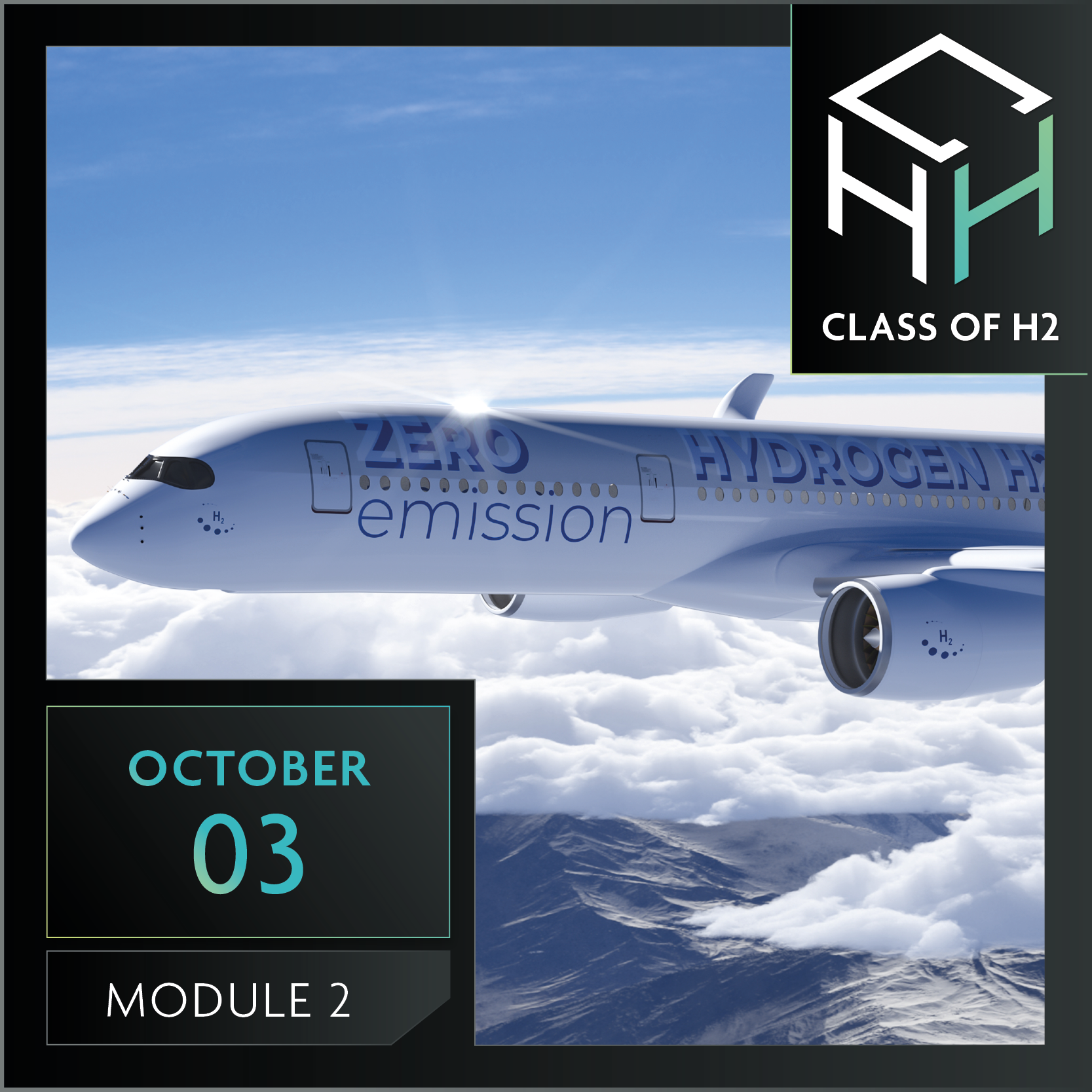Description
An introduction to hydrogen derivatives: e-fuels and ammonia
The route to decarbonisation and the energy transition has sometimes been described as de-fossilisation. Liquid fuels are incredibly useful energy vectors due to their high energy density and ease of handling. The challenge is to substitute these refined products that are derived from crude oil with sustainable, convenient and cost-effective alternatives.
Liquid fuels of a non-fossil origin are one such solution. They can be produced using renewable electrical power to generate ‘e-fuels’ through Power-to-Liquid (PtL) technology. Thousands of tonnes per year of CO2 (carbon dioxide) could be utilised in this way to build the required hydrocarbon molecules.
At the same time, the narrative around green ammonia has crystallised in recent months and years – increasingly heralded as one of the most cost-effective ways of transporting green hydrogen over long distances as an energy vector.
What unites both e-fuels and green ammonia is hydrogen. In this online training module, learn the fundamentals of how and why.
With this two-hour masterclass, you can enhance your understanding of what exactly e-fuels are, how they are produced and what role they could have to play in the short and medium-term; learn more about the green ammonia concept that is so talked about and promoted; and get a firm grasp on the intersection between e-fuels, ammonia and hydrogen, rooted in both science and business case.
Why attend?
- Build your knowledge of e-fuels and green ammonia
- Better understand the science behind these hydrogen derivatives, and why they are so important in the decarbonisation movement of today and tomorrow
- Identify the business case for your investment, and critique your business model
- Solidify your knowledge for our next module, the pathways to low-carbon hydrogen
When and where:
Tuesday 3rd October, 9:30am to 11:30am CEST (08:30am to 10:30am BST)
You can expect:
- 90 minutes masterclass on the topic from recognised trainer
- 30 minutes audience Q&A per module (moderated)
- Diagrams, images and data-graphics to enrich the experience
- PDF slide deck of module provided to all participants, post-session
- Available on-demand as a recording of the live session
